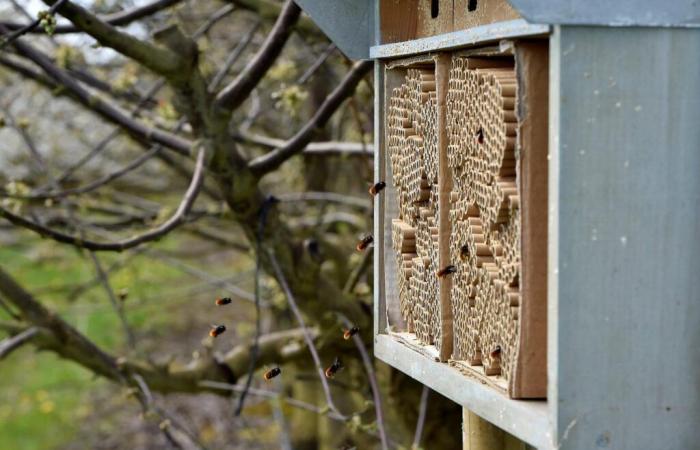La 16e Conference of the Parties to the United Nations Convention on Biodiversity, better known as COP16, was due to end on the weekend of November 2-3 in Cali (Colombia), and we are betting here that the decisions that will not contribute in any way, any more than the previous ones, to slowing down the pace of the collapse of biodiversity.
Read also | Article reserved for our subscribers In Cali, COP16 on biodiversity ends without agreement on crucial subjects
Read later
The reason is simple. Unlike the climate issue, the biodiversity crisis is not understood as a major risk by the ruling classes. The COPs follow one another, set objectives whose main function is to be announced rather than pursued, and evolve in a sort of parallel reality.
In the real world, the one that is developed in parliamentary assemblies, governments and the boards of directors of large companies, the question of biodiversity remains a pure abstraction without interest, without consequences on the prosperity of nations, the power of purchase, etc.
Read also | Article reserved for our subscribers In Cali, COP16 on biodiversity ends without agreement on crucial subjects
Read later
Because when productive systems encounter limits, these are always interpreted as technical limits. The drop in production in the primary sector, for example, is never spontaneously approached as a sign of running out of steam in the ecosystem, but either as an obstacle to the use of a technology, or as a simple technical challenge to be taken up. , whether through the next active substance, the next GMO, the use of artificial intelligence or a megabasin.
This cultural bias, very widespread at the heart of the state apparatus, makes us blind to the effects of the destruction of life.
Gradual deterioration
A recent example, discussed two weeks ago in these same columns, is offered by Annie Genevard, the Minister of Agriculture, regarding cherries. Everyone has noticed that there are fewer cherries on the stalls, that their price is prohibitive, that the time for cherries now seems to be over. The explanation? “We have banned in France from treating cherry treessaid M.me Genevard on the CNews channel in mid-October. We banned it, we had fun. Now, we hardly eat French cherries anymore. »
Read also | Article reserved for our subscribers “The compensation for pesticide victims is far too modest to call into question the economy of the sector”
Read later
M’s entourageme Genevard had a little difficulty in validating a posteriori the validity of this declaration, but one thing seemed certain: it was the banning of a pesticide that was in question, it could not be anything else. And if it wasn’t phosmet (banned in 2022), then it had to be dimethoate (banned in 2015).
You have 57.41% of this article left to read. The rest is reserved for subscribers.






